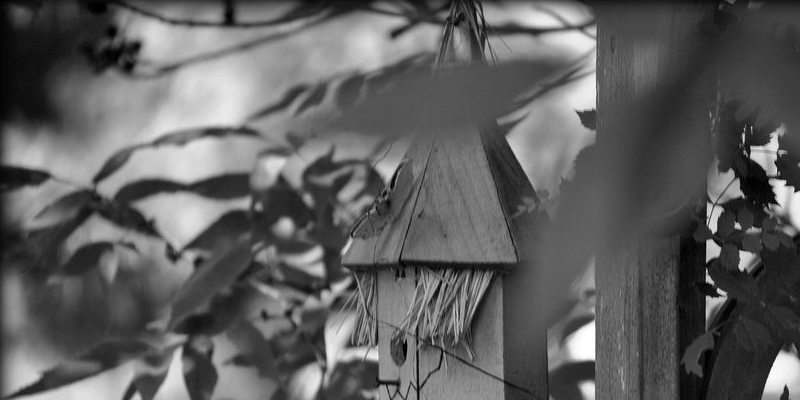Initially, HUD offers HUD Homes exclusively to people who mean to live at the home they buy. Following this initial offer period expires, the HUD Homes site clarifies that the bidding opens to include everybody, including shareholders. The longer a HUD Home remains larger, the more opportunities the absence of action creates for initiatives like low carb homeownership and neighborhood rehabilitation.
Definition
A HUD Home is a one- to four-unit house that HUD tries to sell after the federal agency forecloses on a property backed by an FHA loan. While neither HUD or the FHA brings cash, FHA programs offer a guarantee to lenders–if a debtor defaults on his loan, the FHA uses mortgage insurance premiums it collects from taxpayers to cover the creditor the balance left on the loan. At this phase, HUD forecloses on the underlying property and tries to sell it to recoup the government’s losses.
Function
HUD Homes can serve many functions; however, HUD tries to achieve two principal ends when a HUD Home sees no definitive sales action. HUD tries to expand home ownership opportunities to low- to moderate-income families. Normally, this drive is a direct or indirect partnership with local governments seeking to bring back to life HUD-designated revitalization areas. HUD categorizes areas as in need of rehabilitation on the basis of family income, homeownership speed and FHA-related foreclosure action, notes the HUD site.
Time Frame
When a HUD Home hasn’t sold in 60 days, HUD offers it concurrently to the public and local governments. If a local government purchases 10 or more HUD Homes, it receives them in a 10-percent discount. If the appraised value of a HUD Home under the majority sales program is $20,000 or less, a local government can purchase it for $100. If 180 days goes with no action on a HUD Home, HUD makes it accessible to local government entities for $1 plus closing costs.
Factors
EMTs, police officers, firefighters and pre-K through 12th grade teachers can receive a 50-percent discount on HUD Homes situated in a city’s community revitalization area. In exchange for the reduction, qualified buyers must consent to live at the HUD Home”as their only residence,” according to HUD’s Good Neighbor Next Door software site, for a period of three years. HUD requires these buyers to sign a”quiet” second mortgage to the discounted amount, which they don’t have to pay on as long as they meet the three-year stipulation.
Possible
When a local government buys a low-cost HUD Home, HUD expects it’s going to bring about significant community revitalization and increased low- to moderate-income family homeownership. Local governments often partner with non-profit associations to instill life into community revitalization areas through increased occupancy and possession of HUD Homes from the region. Local governments often funnel HUD Homes they purchase into subsidized low-income possession programs they provide for residents with incomes which are usually lower compared to their area’s median.
